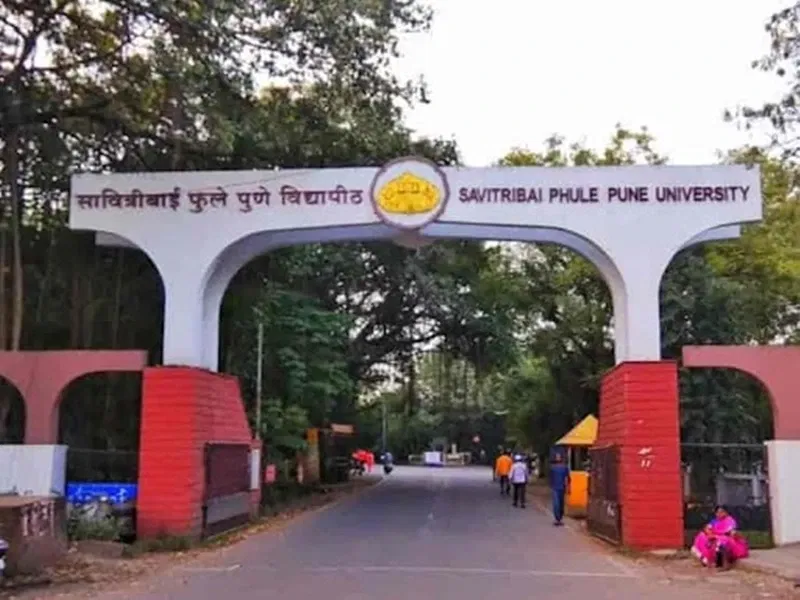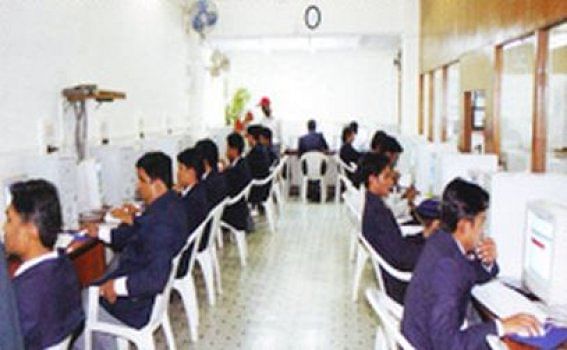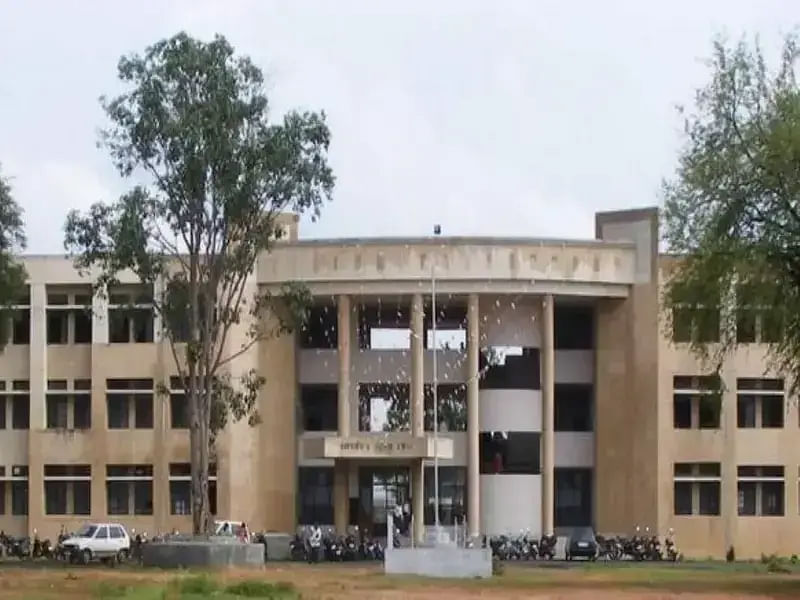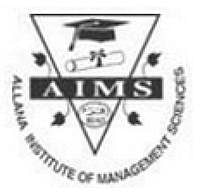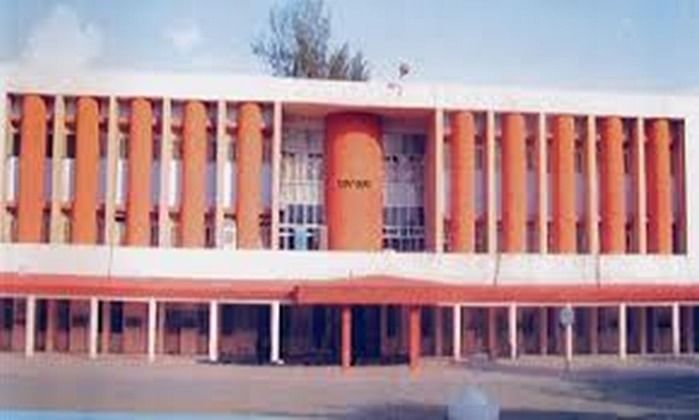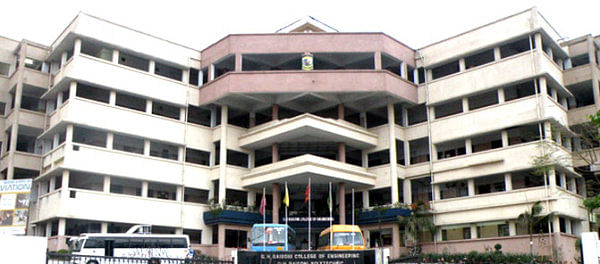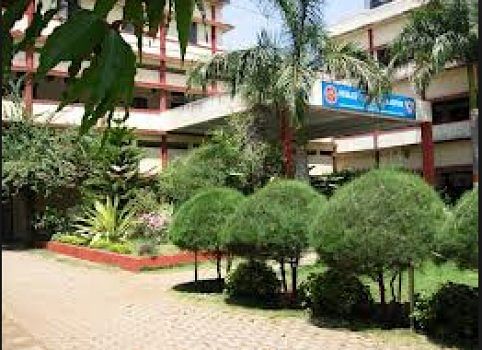MCM Syllabus and Subjects

MCM syllabus encompasses an in-depth understanding of managing, monitoring, and optimizing computer systems which includes System Tools, Storage and Services, and Applications. The MCM subjects cover software project management, database applications, business applications programming, software testing & maintenance, basics of e-commerce, and others.
MCM course subjects provide industry-relevant training and equip students with the necessary expertise in software development, web design, and web development. Hence, The job scope of MCM is vast and provides substantial exposure to students in the information technology field.
Table of Contents
Semester Wise MCM Syllabus
MCM syllabus is a comprehensive study of controlling, monitoring, and enhancing the computer system's efficiency for better accessibility, & security of several software and applications. The MCM subjects can vary for different institutions. A general structure of the semester-wise MCM course Syllabus is given below:
First-Year MCM Syllabus
The following are the MCM subjects covered in the 1st year MCM course.
|
Semester I |
Semester II |
|
Programming in C & OOPS Concept |
Data Structure and Algorithms |
|
Software Engineering and Business Process |
DBS & SQL Servers |
|
Fundamentals of Information Technology |
Object Oriented Designing |
|
Web Programming and E-Commerce |
Introduction to Oracle, Core Ruby, Java |
|
Computerized Accounting |
Quantity Techniques & Operation Research |
| Introduction to Operating Systems |
Management Information Systems |
Practical Topics in the First Year MCM Syllabus
The Practical topics in the first-year MCM course syllabus are given below:
- Tally ERP 9
- Oracle, Core Ruby, Java
- HTML & PHP, Java Script
- Programming in C
- Installation of Operating System and Server Connecting
- MS Office
Second-Year MCM Syllabus
Some of the MCM subjects in the 2nd year are given below:
|
Semester III |
Semester IV |
|
Linux |
ASP.NET |
|
Advanced Database Management System |
Business Application |
|
Research Methodology |
Software Project Management |
|
VB.NET |
Advanced Java & Ruby |
|
Electives |
Electives |
Practical Topics in the Second-Year MCM Syllabus
Some of the Practical subjects in the 2nd-year MCM course syllabus are given below:
- SQL & PL/SQL Lab
- ASP.NET & VB.NET Lab
- SPSS Lab
- Linux Lab
- Java & Ruby Lab
MCM Course Subjects
The MCM subjects offer both theory and practical knowledge to students. MCM course subjects include Software Development, ISA, Information Security & Cyber Law, Research Methodology & Statistical Tools, Computer Fundamentals, Hardware/Software Installation, and so on. Some of the core and elective subjects in the MCM course syllabus are given below:
MCM Core Subjects
This course also offers core and elective subjects. A list of core subjects in the MCM course syllabus is given below:
- Operating System
- Ruby Programming Language
- DBS & SQL Server
- Programming in C
- Data Structure and Algorithms
MCM Elective Subjects
Some of the elective topics in the MCM course subjects are given below:
- Mobile Computing
- Information Security
- Cyber Law
- Multimedia and Web Designing
- Network Technologies
MCM Subjects in Detail
MCM course subjects are diverse and spread across several areas of study which include Network Management, Operating Systems, Administrative Tools, Device Manager, Disk Management, etc. A detailed view of some of the subjects in the MCM course syllabus is given below:
| MCM course subjects | Topics Covered |
| Fundamentals Of Information Technology | Introduction, Number Systems, Memory Management, Operating System, Networking, |
| Software Engineering And Business Process | Phases of Software Development Life Cycle, Different Approaches to Software Development, Structured Systems Analysis Tools, Data Modeling through ER Model, Database Design Methods |
| Web Programming And E-commerce | Electronic Commerce Marketing concepts, Building an electronic commerce website, Role of Internet Service Providers, Network Security and Firewalls, Encryption, Cryptography & Authentication |
| Data Structures And Algorithms | Data Structure Concepts, Algorithm Concepts, Arrays, Stacks, Queues, Linked Lists, Trees, Sorting Algorithms, Search Algorithms |
| Core Ruby | Variables and Constants, Numbers, Arrays, Concepts of Ranges and Hashes, Constructs, Regular Expressions, Code Blocks, Exception handling, Concept of Unit Testing |
| Data Base Management System | Modeling Techniques, Hierarchical Database, Network Database, Relational Algebra, Relational Database, Normalisation, Integrity Constraints, Recovery Mechanisms |
MCM Course Structure
The Master in Computer Management syllabus consists of both practical and theoretical papers that are completed in two years with four semesters. This course structure is created for students to get interactive classroom training along with practical knowledge through case presentations, industrial visits, internships, certifications, etc. The standard MCM course structure is given below:
- IV Semesters
- Core subjects
- Elective Subjects
- Labs
- Projects
MCM Course Teaching Methodology and Techniques
MCM course syllabus takes account of different teaching methodologies. Practical labs and self-learning projects are highly incorporated in most MCM course subjects along with classroom teaching. Some of the efficient teaching methodologies and strategies are provided below:
- Practical Labs
- Group Discussions
- Group Projects
- Projects
- Classroom Discussions
- Classroom Learning
- Presentations
MCM Course Projects
Students are given projects under the MCM course syllabus to help them showcase their knowledge and skills in practical work. These projects are given either for each person or a group. These projects should be completed within the completion of the fourth semester. Some of the MCM course project topics in the MCM syllabus are given below:
- Role of human-computer interaction.
- AI and robotics.
- Software engineering and programming.
- High-performance computing.
- Geo informational systems, databases, and data mining.
- Compiler optimization and embedded systems.
MCM Course Reference Books
MCM course books are available online and offline that help students to gain in-depth knowledge about the topic. There are many books related to this course written by different authors. Some of the reference books in the MCM course syllabus are given below:
|
Sl no. |
Name of book |
Authors |
|
1. |
The Oxford Handbook of Management Information Systems |
Robert D. Galliers, Wendy Currie |
|
2. |
Management Information Systems, Sixth Edition |
Effy Oz |
|
3. |
Business-Driven Information Systems |
Paige Baltzan, Amy Phillips |
|
4. |
Management Information Systems |
Ken J. Sousa, Effy Oz |
|
5. |
Management Information Systems Managing the Digital Firm |
Kenneth Laudon, Jane Laudon |
Top MCM [Master of Computer Management] Colleges
MCM Fee Structure
FAQs on MCM Syllabus and Subjects
Q: What is the 1st year syllabus of MCM?
Q: What are the core subjects in MCM?
Q: What are the elective subjects in MCM?
Q: What are the MCM projects?
Q: What are the important books for MCM?
